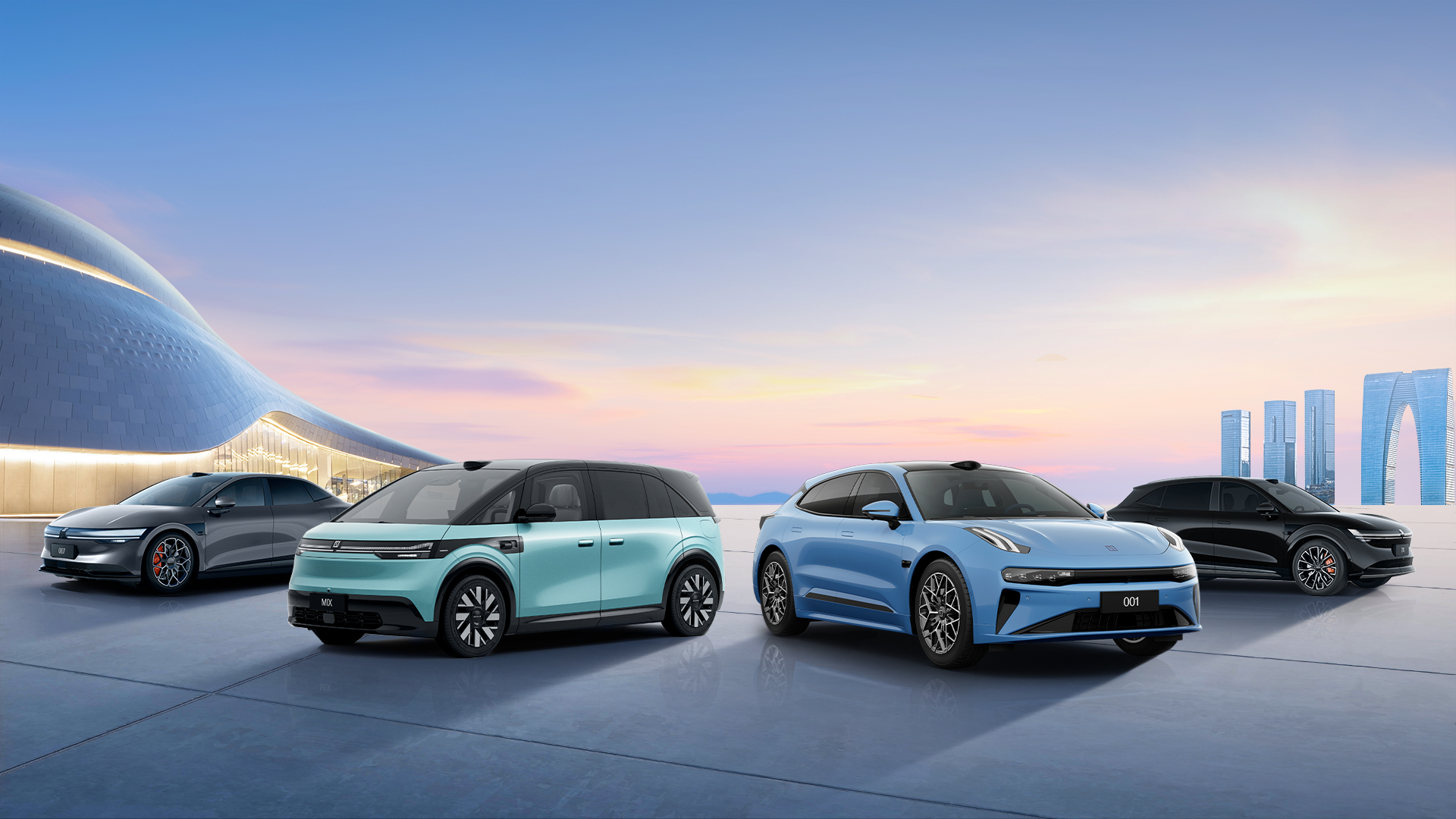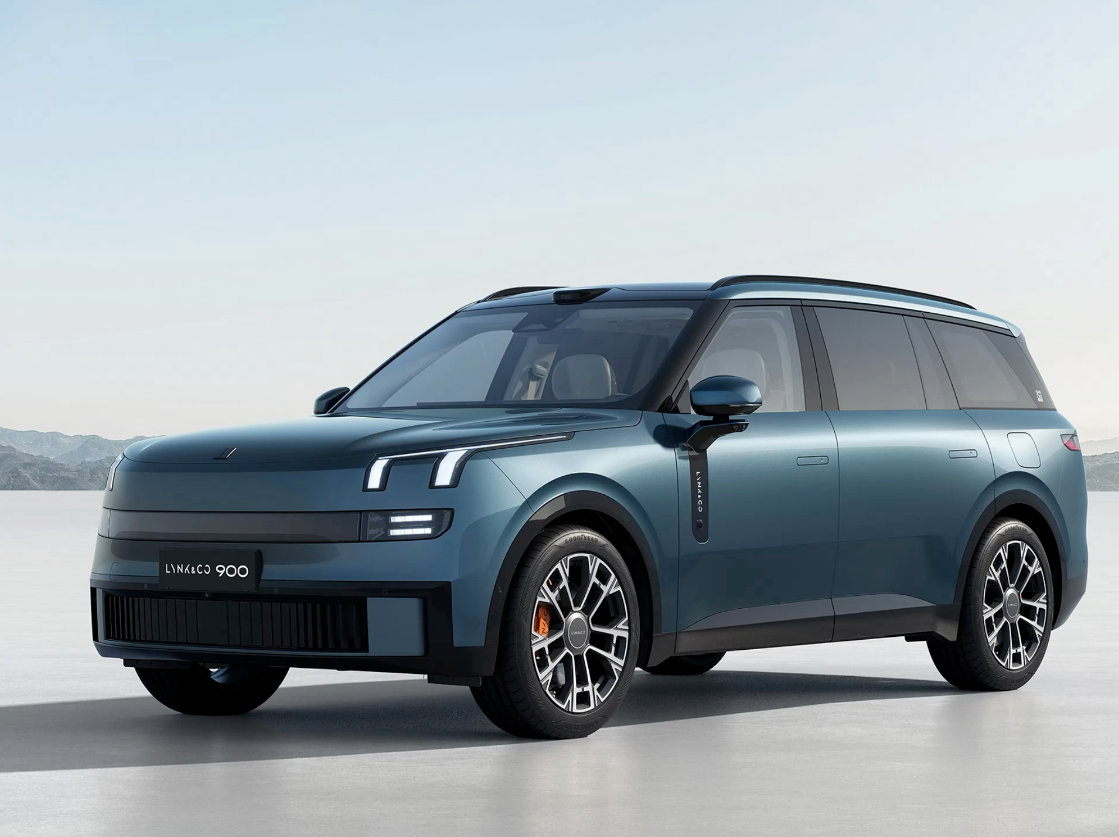
On May 7, 2025, Geely Automotive submitted a non-binding offer to acquire remaining 34.3% ZEEKR shares at $25.66 each for NYSE delisting, exactly one year post-IPO. This move has sparked intense market speculation about Geely's strategic intentions.
From its 34% IPO pop to current undervaluation and ¥5.79 billion 2024 net loss, this "damage control" move reflects Chinese EV makers' strategic crossroads: consolidate resources against industry consolidation or accept valuation paradigm shifts.
The valuation has become the main reason of privatization
Despite 2024 revenues of ¥75.9 billion and 220,000 unit sales, Zeekr's market performance disappointed investors. Pre-privatization valuation stood at $5.742 billion (P/S ratio 0.7x), trailing NIO and Xpeng.
Product-wise, ZEEKR 001 and 7X account for 70% of sales, while X and MIX models underperform. Competition from Xiaomi SU7 and Xpeng P7+ exacerbates pressure. Given these challenges, NASDAQ investors' caution appears justified, prompting Geely's 13.6% premium buyback to prevent valuation drag.
Operationally, Zeekr remains heavily dependent on Geely resources. Utilizing Geely's manufacturing infrastructure keeps fixed assets below 10% of total assets, while related-party payables (mainly production costs) drive debt-to-asset ratios to 1.31x. Market skepticism about sustainability of battery/R&D revenues from intra-group transactions further depresses valuation.

Geely's bidding strategy reflects valuation considerations. The offer price of $25.66 per share is a 13.6% premium over the pre-announcement closing price, yet 4.72% lower than the $26.87 when Geely increased its stake in November 2024. By privatizing at a lower cost, Geely can enhance Zeekr's intrinsic value through resource integration and potentially relist at a higher valuation to maximize capital returns.
As a listed entity within Geely, Zeekr's technological investments and supply chain resources are shared group-wide, complicating independent valuation. For instance, development costs for the SEA platform and Golden Brick Battery are distributed across brands, diluting Zeekr's market valuation.
Market observers question Geely's "short-term liquidity sacrifice for long-term control." The 22% IPO premium is seen as undervaluing Zeekr's technical assets while potentially diluting brand autonomy. Concerns persist about whether Zeekr's premium positioning might erode within Geely's ecosystem.
From competition to cooperation
Geely's privatization decision implements the "One Geely" strategy outlined in the 2024 Taizhou Manifesto. Following the manifesto's "strategic integration" mandate, Geometry merged into Galaxy while Zeekr consolidated with Lynk & Co, marking Geely's transition from multi-brand competition to resource synergy.
The Zeekr-Lynk merger forms the strategy's cornerstone. In February 2025, Zeekr acquired 51% of Lynk & Co for ¥9.367 billion, establishing Zeekr Technology Group with a dual-brand "Zeekr Ascending, Lynk Expanding" structure. Product line optimization includes discontinuing 20% of overlapping models, focusing on core products like ZEEKR 001 and 007 GT, while preparing to launch the premium 9X model priced around ¥1 million.
Lynk & Co has strengthened its position in the mid-to-high-end market through models like the Lynk 900, delivering over 100,000 units in the first four months of 2025 (25.7% of annual target), significantly outperforming Zeekr. This strategic division - Zeekr targeting premium segments while Lynk focuses on volume - minimizes internal competition while creating a comprehensive product matrix across price tiers.


Zeekr's privatization epitomizes the survival race in China's EV sector. With NEV penetration exceeding 45% in Q1 2025 and the top 10 manufacturers controlling 85% market share, the industry has entered a "survival of the fittest" phase. The traditional multi-brand "horse racing" model has become unsustainable, making consolidation imperative.
This integration imperative is particularly evident in Zeekr's sales slump. From January to April 2025, Zeekr delivered only 55,000 units, achieving just 17.2% of its annual target. Sales of its flagship ZEEKR 001 model plummeted from over 7,000 units/month in early 2025 to approximately 2,000 units.
For the automotive industry, Zeekr's privatization signifies a strategic shift in the new energy vehicle sector from "scale expansion" to "efficiency competition." In this new phase, manufacturers must not only demonstrate technological innovation capabilities but also establish synergistic resource integration systems. Geely's privatization of Zeekr represents both a response to current valuation challenges and a strategic positioning for present and future markets. However, the integration's effectiveness requires time to validate: whether the Zeekr-Lynk & Co synergy can achieve true multiplicative effects, whether premium market breakthroughs can offset sales decline pressures, and whether the privatized Zeekr can catch up in intelligent vehicle development will ultimately determine the success of Geely's "One Geely" consolidation strategy.

 Room 1104,Block B,JingBan Building,6 Middle Beisanhuan Road,Xicheng District,Beijing
Room 1104,Block B,JingBan Building,6 Middle Beisanhuan Road,Xicheng District,Beijing
 (8610)62383600
(8610)62383600
 quanqixiang@carresearch.cn
quanqixiang@carresearch.cn
 京公网安备:11010202007638号|京ICP备17032593号-2|Report illegal and bad information:010-65993545-8019 jubao@carresearch.com
京公网安备:11010202007638号|京ICP备17032593号-2|Report illegal and bad information:010-65993545-8019 jubao@carresearch.com
Legal support:Beijing Yingke Law Firm|All rights reserved, DO NOT reproduce without permission